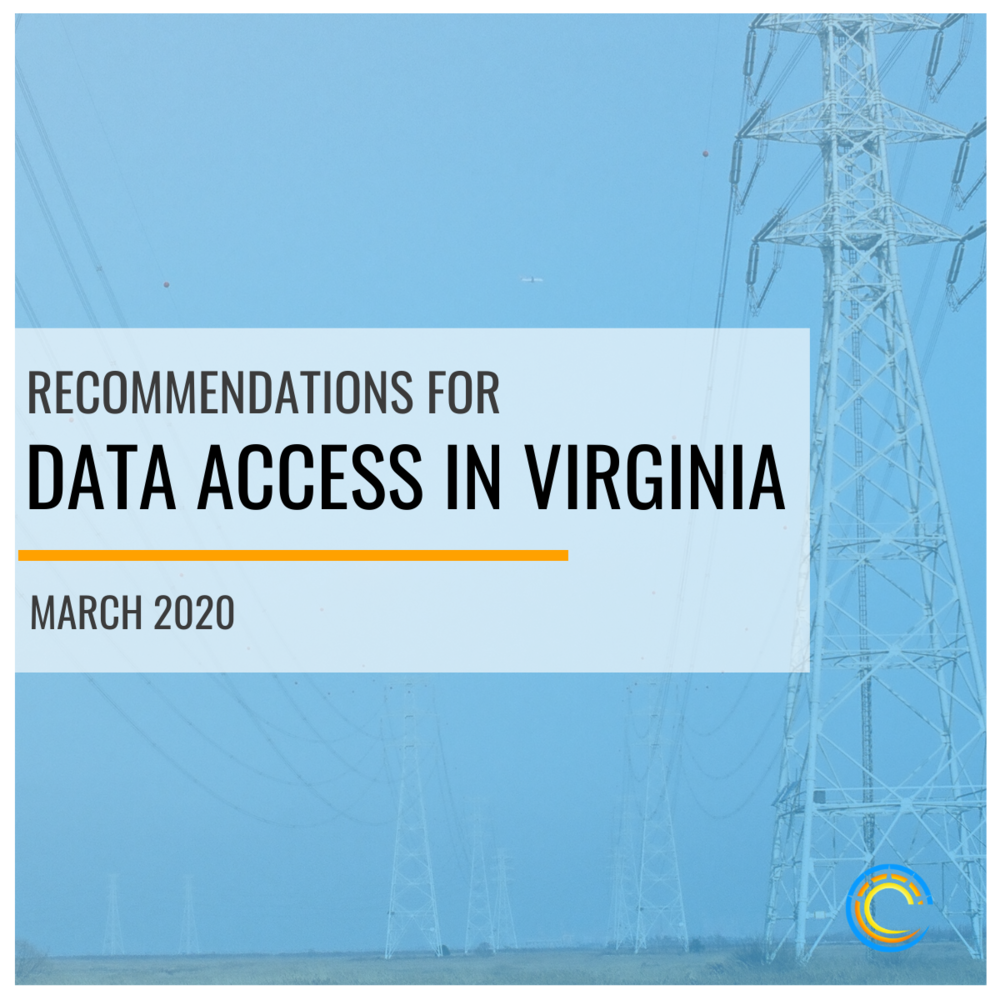Recommendations
Making Advocacy Simple
We want you to feel empowered when you add your voice to the climate conversation, whether that’s advocating for local climate actions or state-level initiatives. Add your voice to our most recent sign-on letter here!
With locally-based, Federal-grant-funded initiatives cancelled by the Trump administration, we urgently need local climate funding to meet our climate goals.
View C3’s talking points that you can use when calling on Albemarle County’s Board of Supervisors to at least match the City of Charlottesville by setting up a $1m annual Climate Action Plan Implementation Fund.
This FAQ provides an overview of solar photovoltaic (PV) projects in the United States, specifically focusing on technology, environmental impacts, and sizing. It aims to help readers understand the impact that solar ordinances and permitting processes can have on solar development, ultimately arguing for just and streamlined deployment of solar.
This FAQ is designed to help community members understand the details and nuances of solar development in Albemarle County, and underscores priorities that C3 believes was missing from the County’s first draft solar ordinance. It focuses on streamlining permitting processes, the concept of historic and scenic resource preservation, and land use concerns.
In May 2024, Charlottesville Area Transit (CAT) is released its draft 10-year Transit Strategy Plan (TSP), which details improvements and changes to the network over the coming decade. These talking points contain links to the plan and additional engagement opportunities.
In March 2024, Albemarle County released a draft solar ordinance setting out rules for solar energy facilities in the County. These talking points focus on areas for improvement and are designed to empower community members to communicate their priorities to the County.
C3 and partners authored a sign-on letter with recommendations for Charlottesville’s Climate Action Plan. It urges a targeted strategy to enhance energy equity, reduce fossil fuel dependence, and promote transportation equity, food justice, and climate-smart zoning.
In Charlottesville, transportation and residential building energy use account for about 60% of the City’s greenhouse gas (GHG) emissions. Learn more about our partner-supported zoning recommendations here.
In June 2020, C3 developed climate policy recommendations for Charlottesville’s FY 2021 budget. The document analyzes local trends and identifies opportunities to support climate action in energy consumption, transportation, and municipal planning.
In May 2024, the Charlottesville-Albemarle Metropolitan Planning Organization (CA-MPO) released its Long-Range Transportation Plan Draft (LRTPD), and your feedback can make a real difference. We've compiled some key talking points to help you provide feedback with ease.
In December 2023, C3 and local organizations co-authored a letter advocating for zero-emission buses (ZEBs) in Charlottesville. The letter highlights the negative environmental, economic, and health effects of diesel buses, calling for a cleaner, accessible transit system.
In recent years, Charlottesville’s greenhouse gas (GHG) emissions from buildings have decreased steadily, consistent with community-wide GHG reduction. Check out recommendations for rapidly and equitably decarbonizing Charlottesville Gas.
In March 2022, transportation accounted for 52% of greenhouse gas emissions in Albemarle and 28% in Charlottesville (2016). Improving public transit will help Charlottesville reduce transportation emissions and create a more equitable, accessible community.
In March 2020, Albemarle County published its Climate Action Plan (CAP) Phase 1 draft incorporating community input from the Climate Mondays process. This report highlights key points and suggestions for stakeholders providing feedback on the draft.
C3 asks Charlottesville City Council to adopt a resolution to develop Charlottesville’s Comprehensive and Strategic Plans with a climate lens that serves as a guide for the prioritization of intersectional solutions.
In March 2024, Albemarle County released its draft solar ordinance for feedback from the local community. This letter includes formal recommendations and feedback to the County, and advocates for the rapid, and equitable deployment of solar to meet climate goals.
In March 2023, local organizations and businesses co-authored a letter about the proposed solar project in Woodridge, VA. The letter urges the County to grant Hexagon Energy a special-use permit to develop solar and secure a cleaner energy future for the community.
Decisions that the Charlottesville community makes on food justice will have key implications for our climate progress, and Cultivate Charlottesville and C3 partnered to highlight the intersection of Climate Justice and Food Justice as well as craft a series of recommendations.
In June 2021, non-profit and for-profit businesses in Charlottesville authored a community sign-on letter regarding the City's fossil-fuel infrastructure. This letter calls for the decarbonization and transformation of the public transit system and the local gas utility.
In March 2019, the Virginia General Assembly passed HB 2332, requiring the State Corporation Commission to gather stakeholder recommendations on electricity data access. C3 led the effort, exploring options and advocating for access to data.
This document compiles a set of state-level climate policies that can complement recent progress made by the Virginia’s General Assembly and further advance the Commonwealth’s state and municipal climate leadership.




















